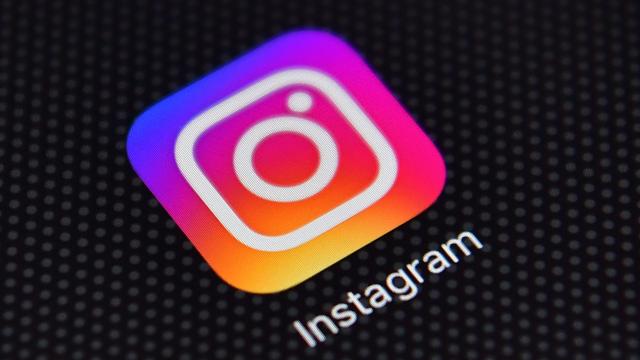Instagram is reportedly killing off its direct message app. And the most surprising thing about this is that Instagram has a direct message app?
As CNET reports, Wednesday night social media consultant Matt Navarra observed that users of Instagram’s standalone app Direct are given a notice that reads: “In the coming month, we’ll no longer be supporting the Direct app. Your conversations will automatically move over to Instagram, so you don’t need to do anything.”
This was news to many people at Gizmodo. Instagram debuted Direct in December 2017 and we did, in fact, cover it at the time. We pointed out how much the camera-focused messaging app, strongly resembled Snapchat, and was likely launched as a direct competitor.
Promptly following that report, we all completely forgot that Direct exists. But it lived on, presumably used by some people, until now. An Instagram spokesperson confirmed the app is dying. “We’re rolling back the test of the standalone Direct app,” the spokesperson told Gizmodo. “We’re focused on continuing to make Instagram Direct the best place for fun conversations with your friends.”
In late January, Mark Zuckerberg announced his plans to merge all the messaging services of his three main platforms—Facebook, Instagram, and Whatsapp.
He clarified that the apps will continue to stand alone, but the infrastructure will be integrated. Since then, all three apps have had widespread outages twice.
And last month, app researcher Jane Manchun Wong noticed that Facebook was likely preparing to bring the chat feature from the separate Messenger app back into the Facebook app.
Direct and Messenger aren’t the only apps under the Facebook umbrella that are in questionable standing. There’s also Lasso, a TikTok rival launched last November, and the controversial Messenger Kids launched in December 2018.
In spring 2017, the company relaunched Facebook events app as Facebook Local, and launched the Slack-like Workplace Chat. Instagram also has the IGTV app, and separate editing apps, Layout, Hyperlapse, and Boomerang.
Of course, this consolidation would only serve to benefit Facebook as it could have more control over the users of each separate platform. The company will be able to collect more data from its users, and the fused social ecosystem will raise major privacy and security concerns.
Facebook is also likely operating under the belief that the more it entwines all its products, the harder it would be for regulators to break up the company. And considering that Facebook is one of the most controversial companies on the planet but manages to keep its user base and stock price high, it’s probably a solid bet.
